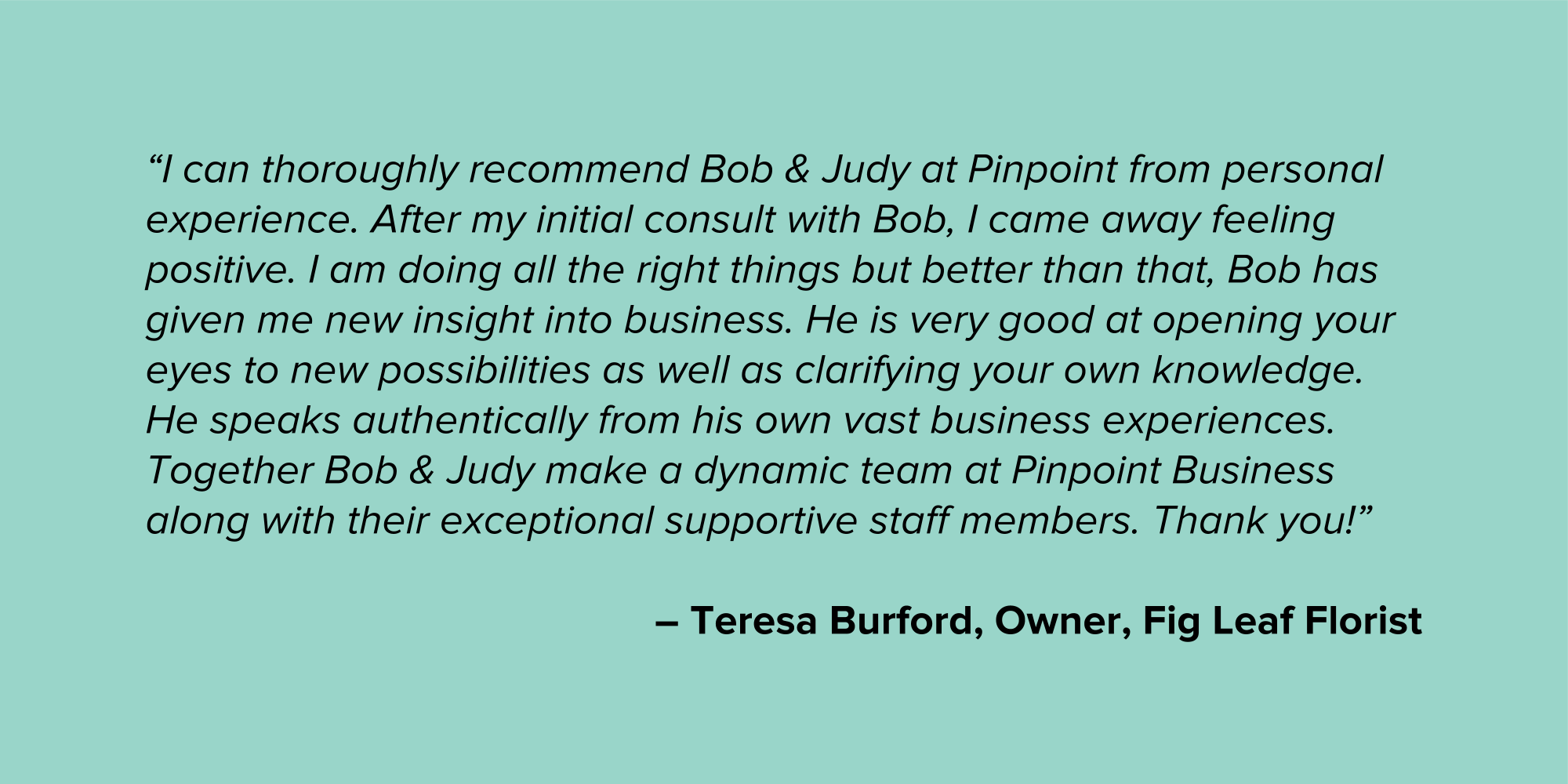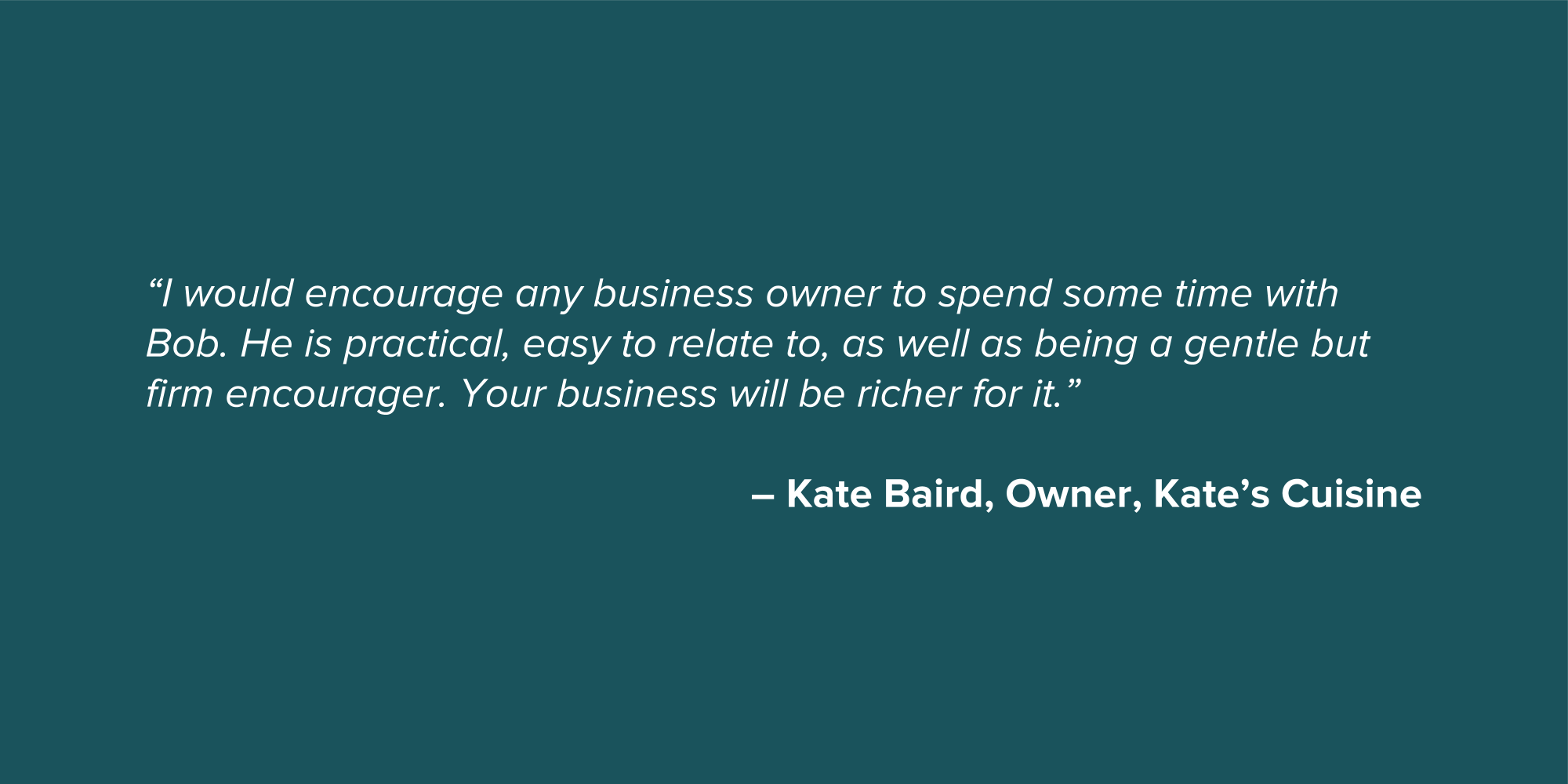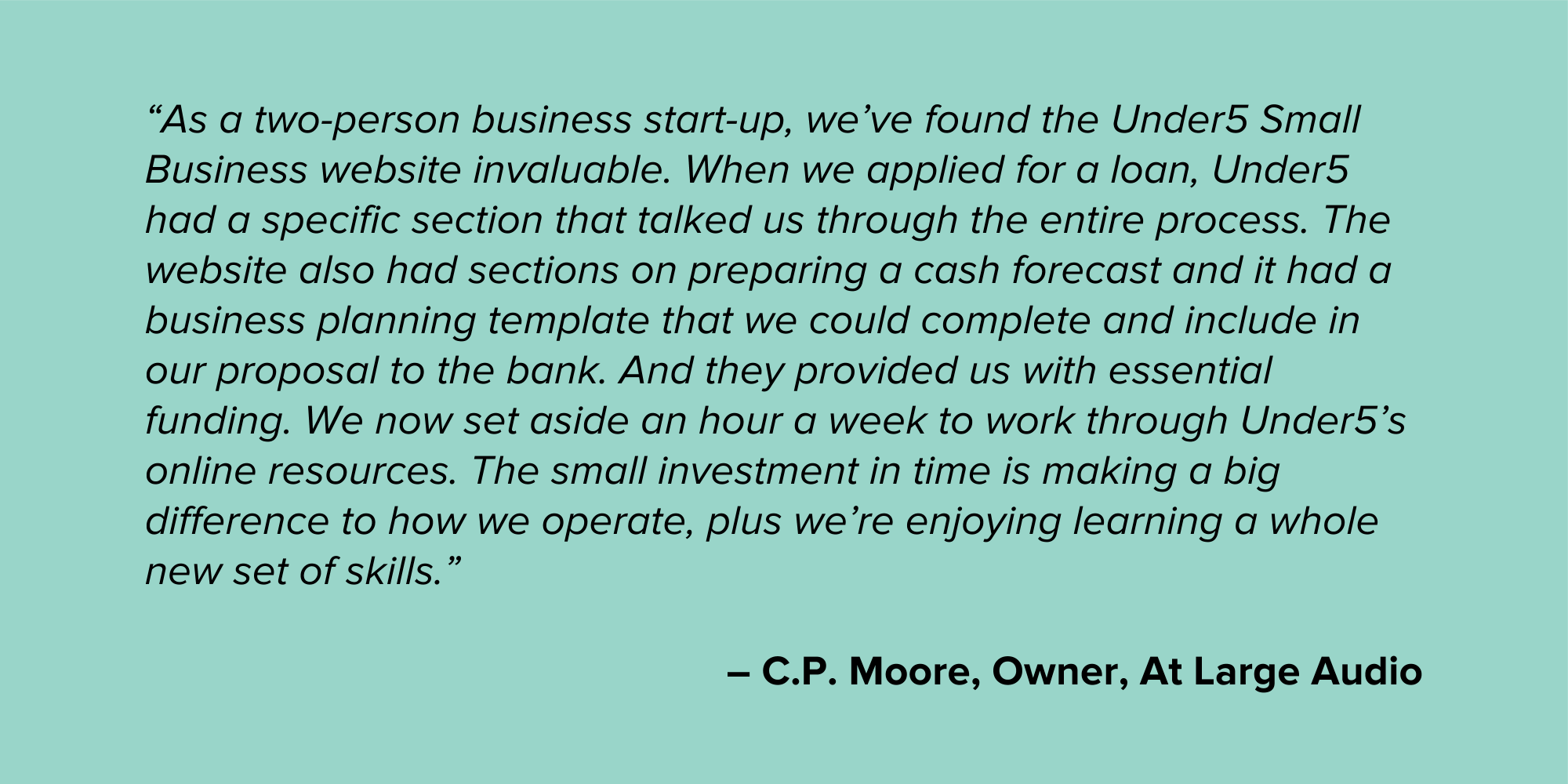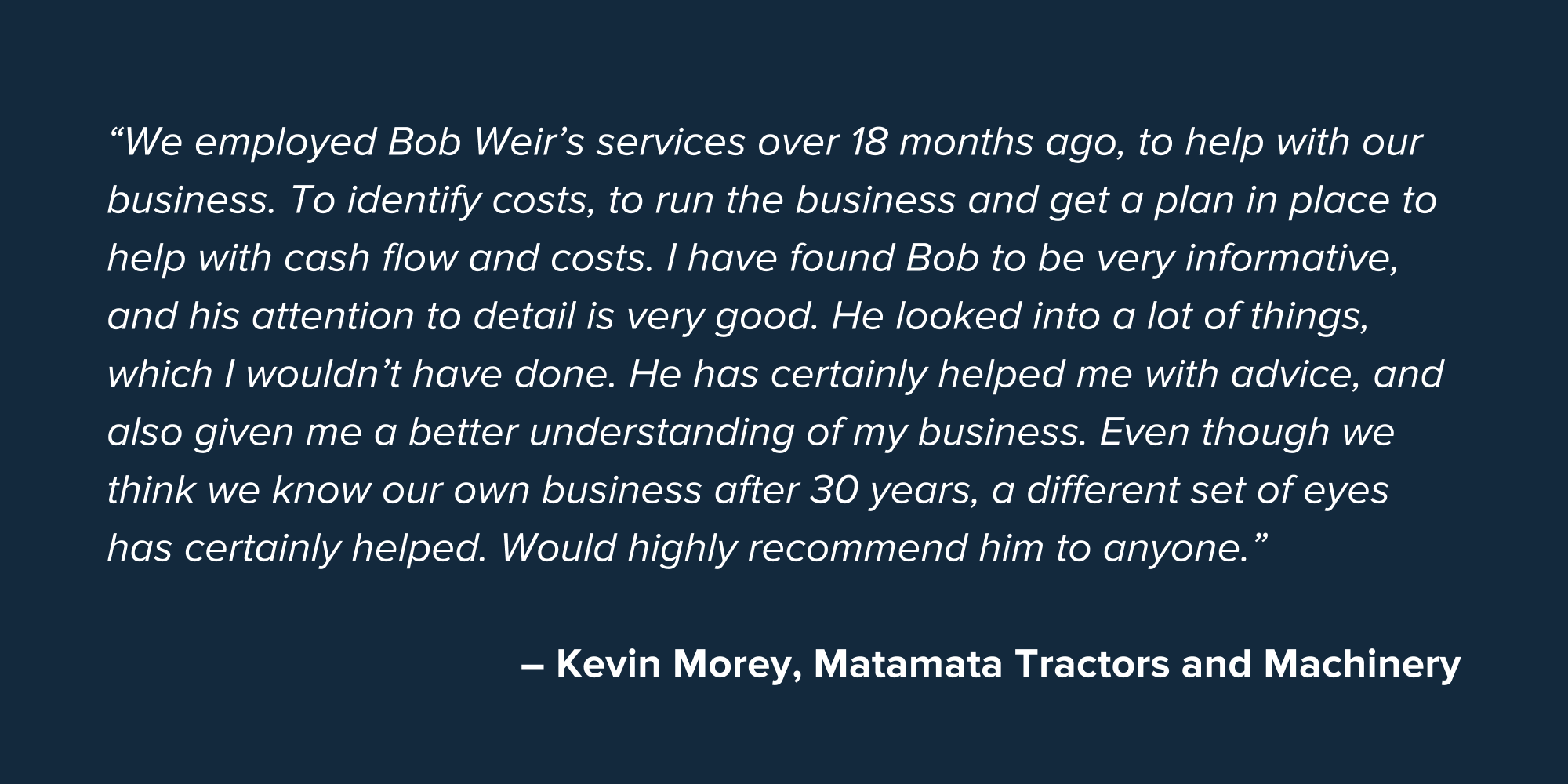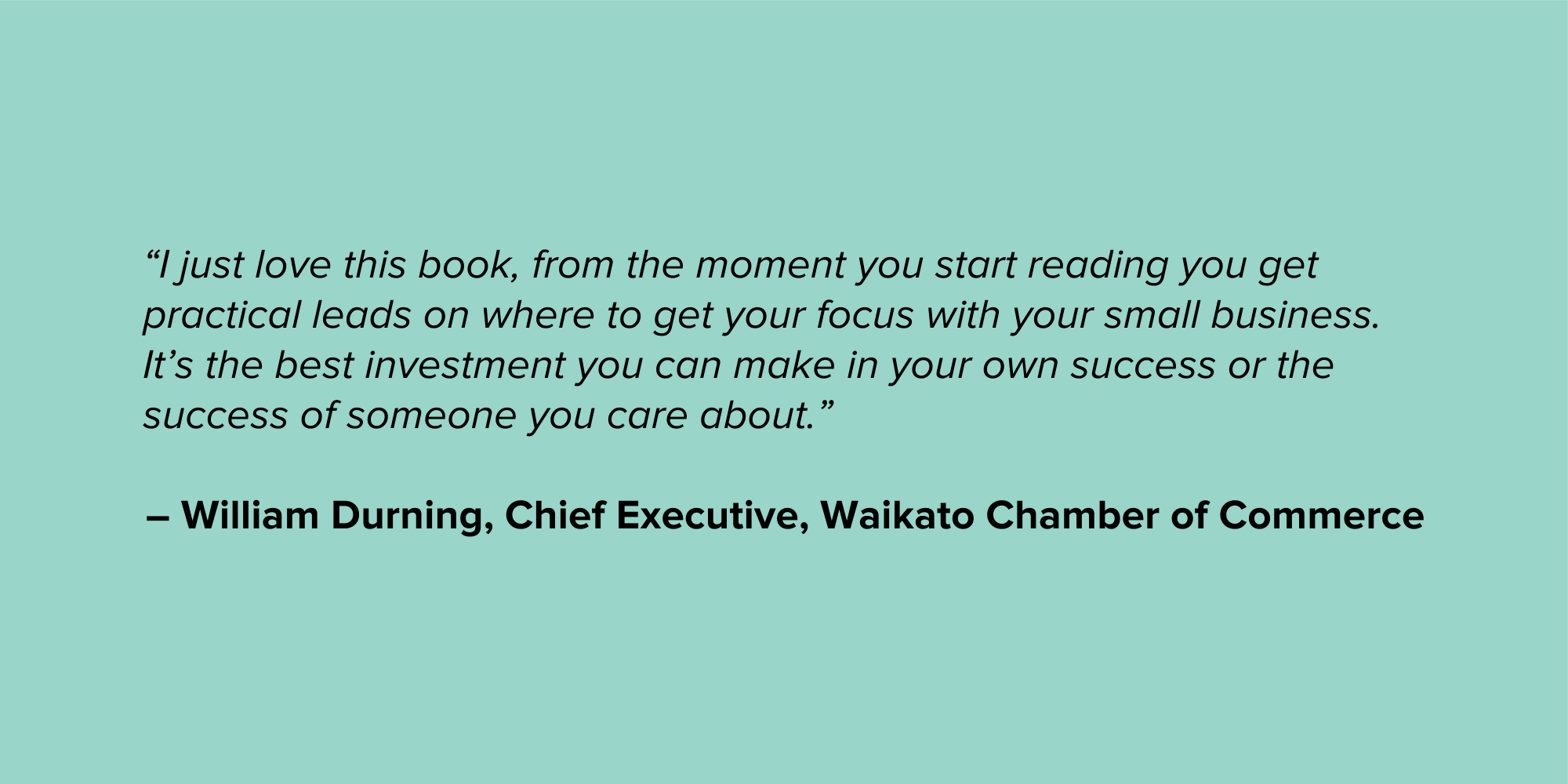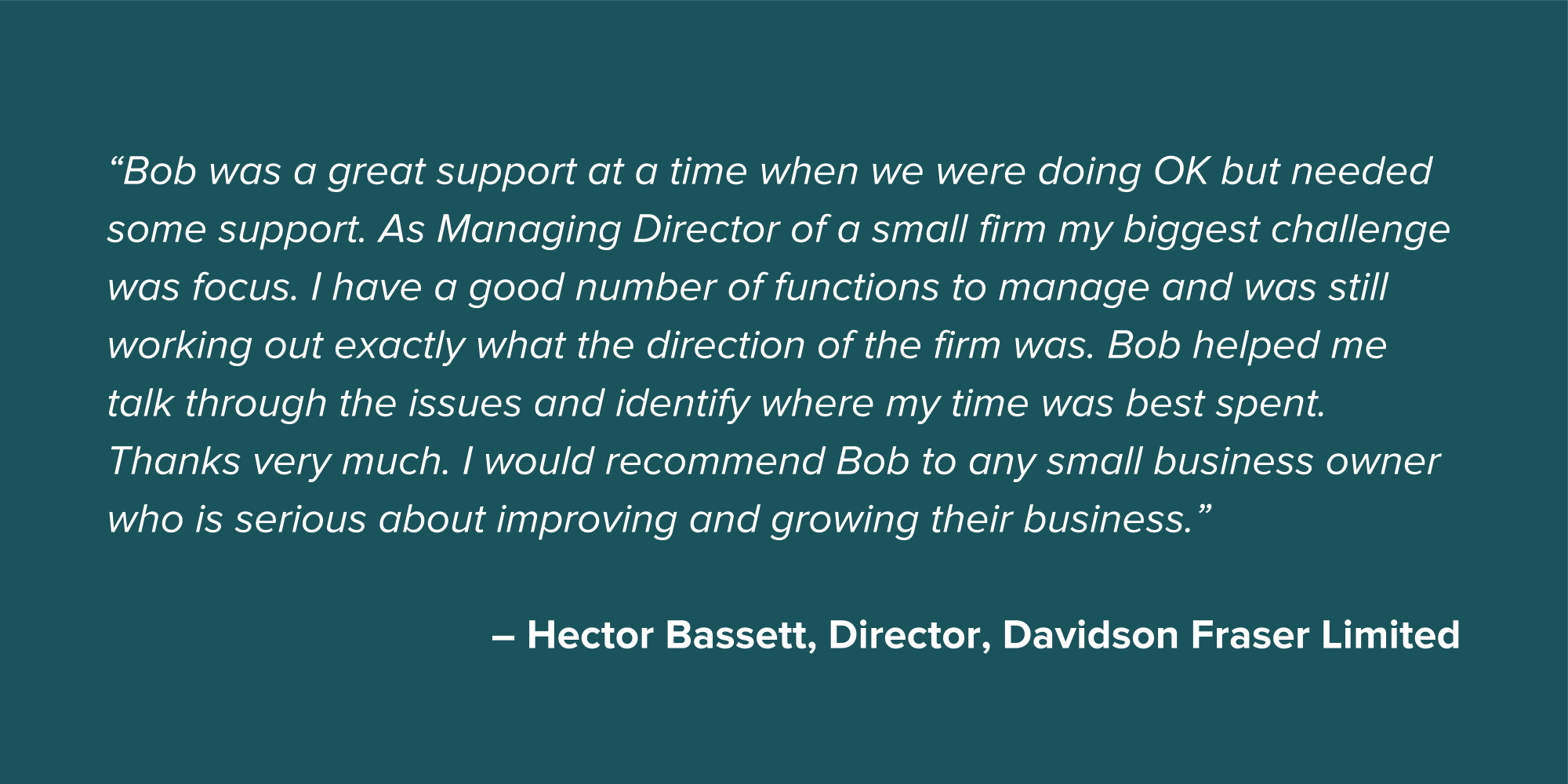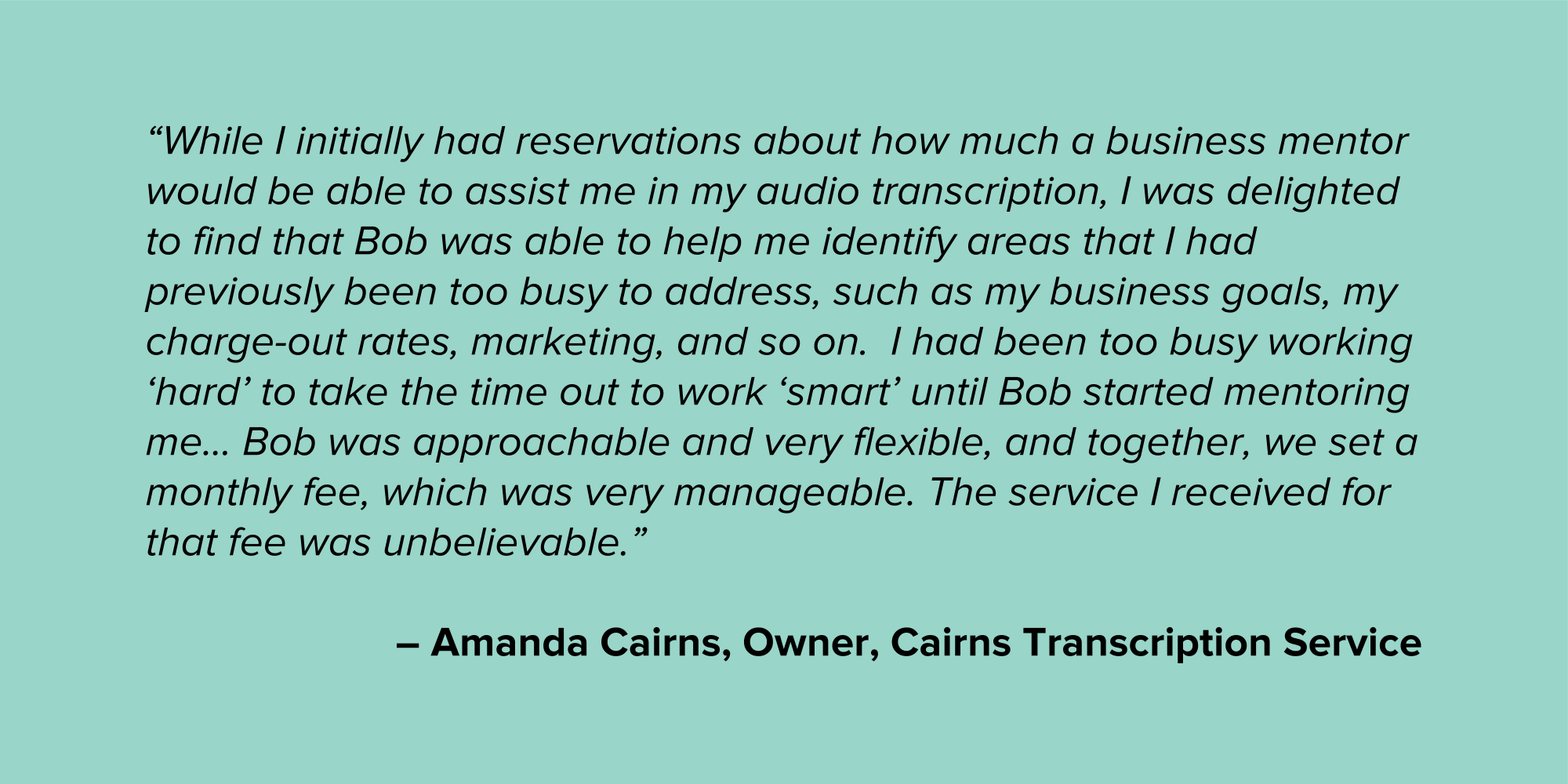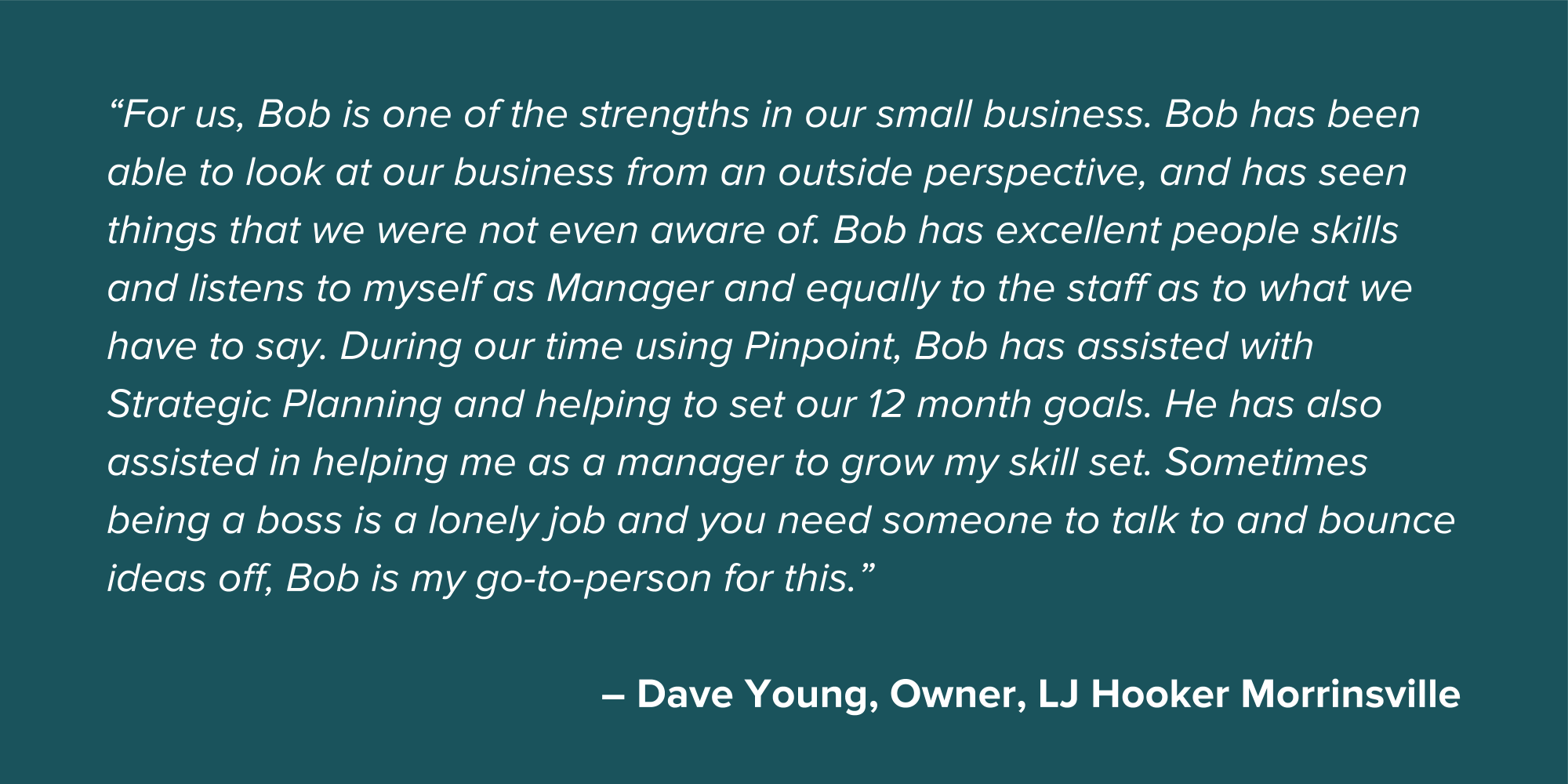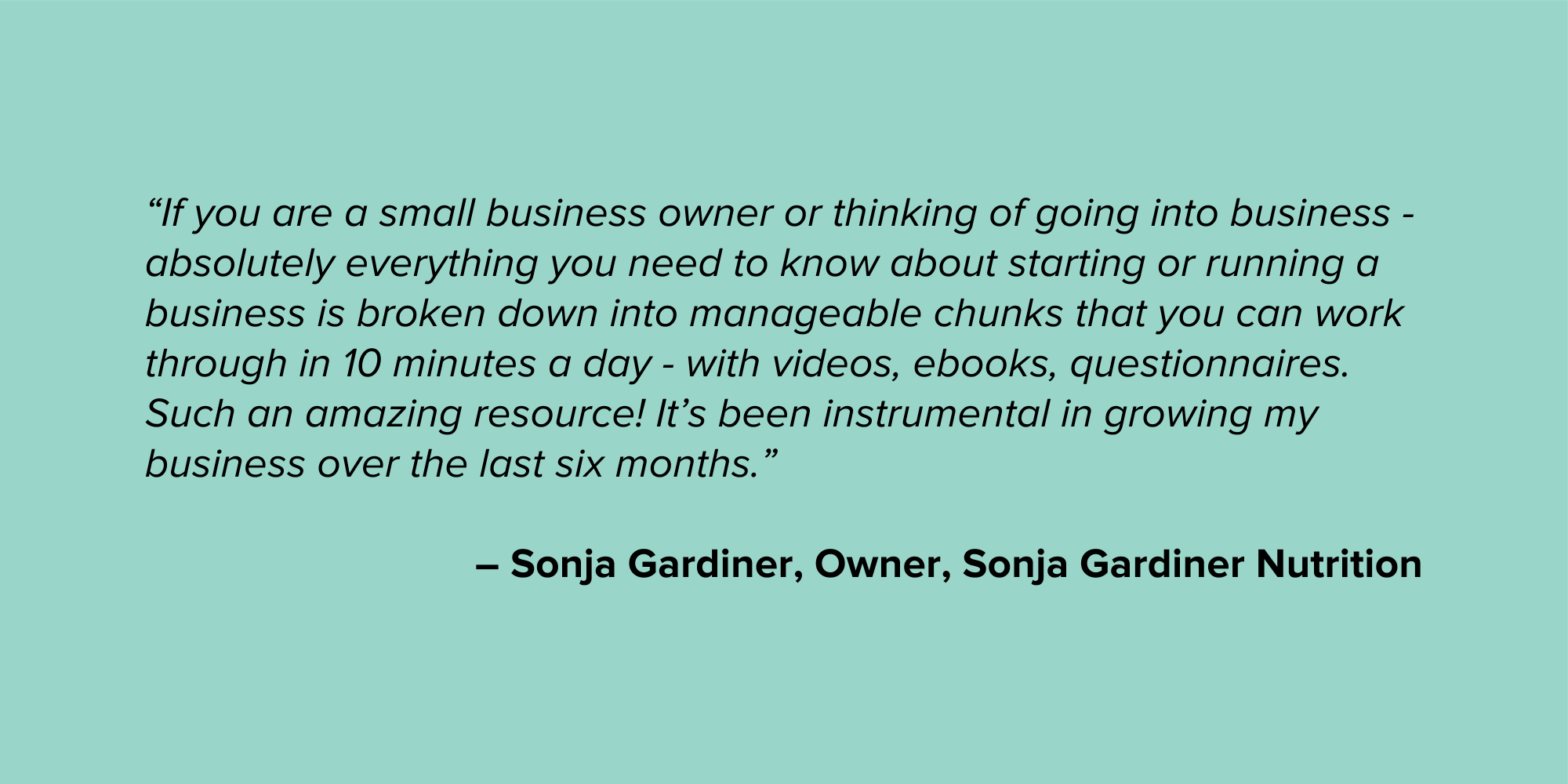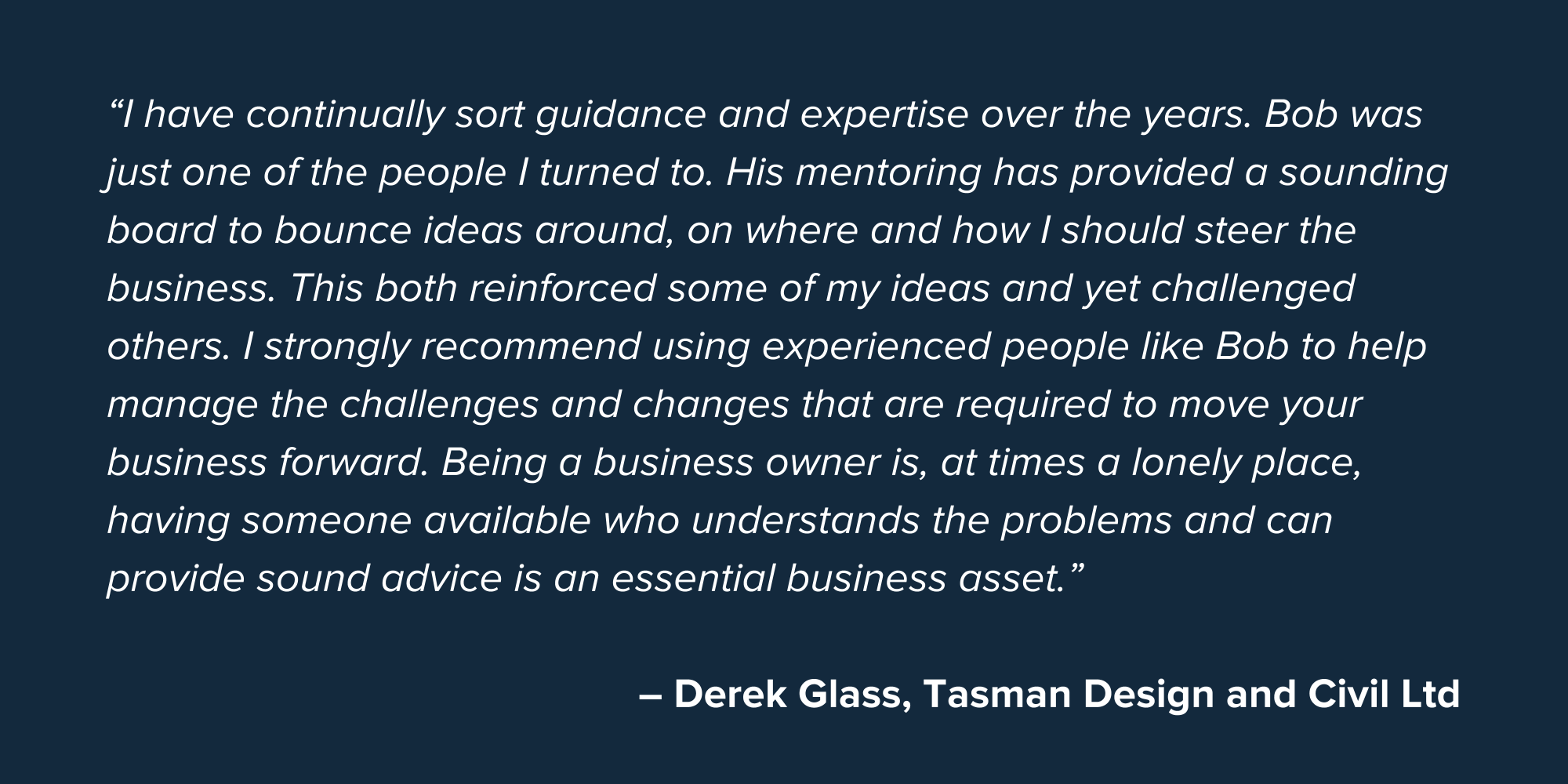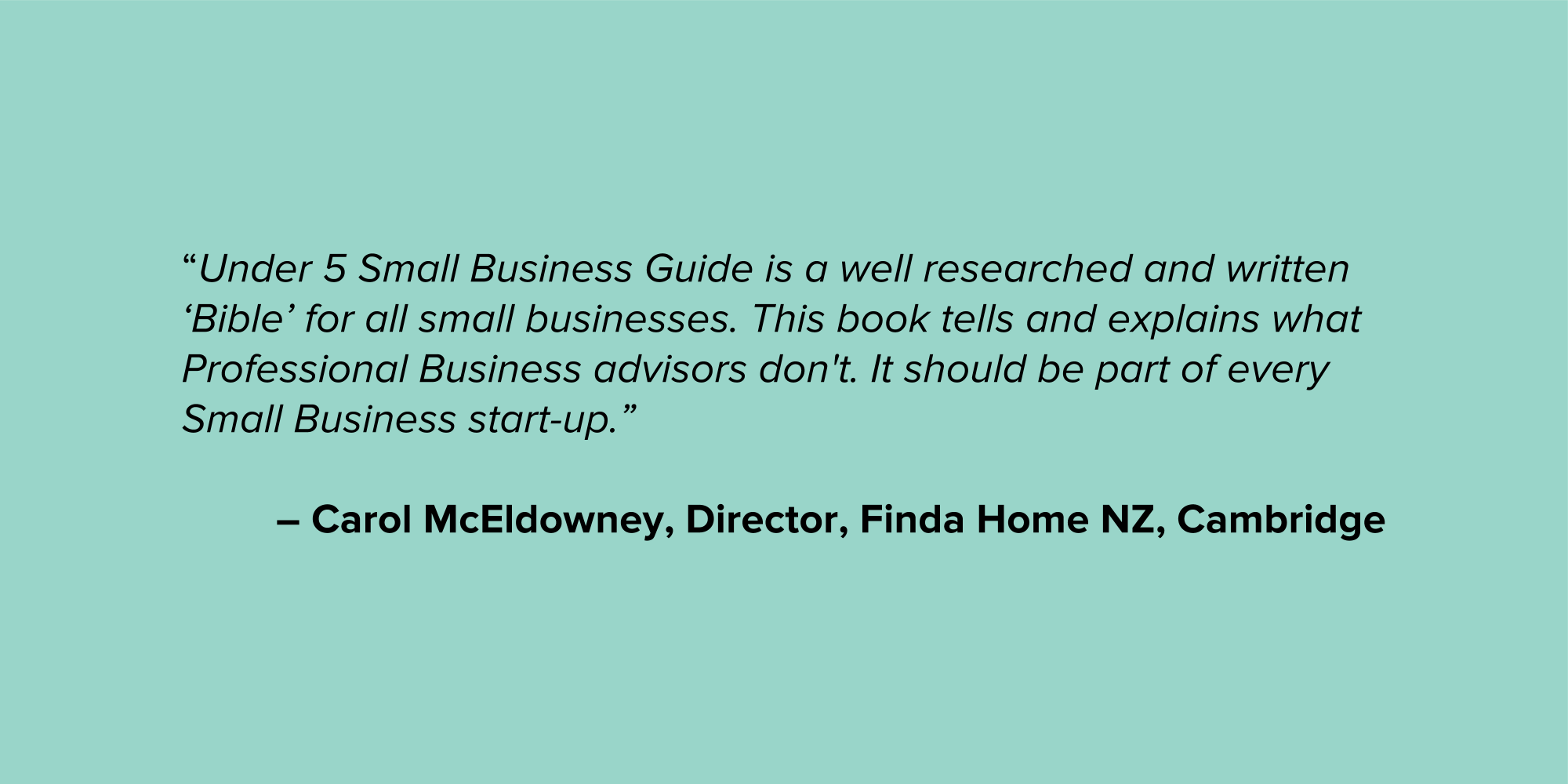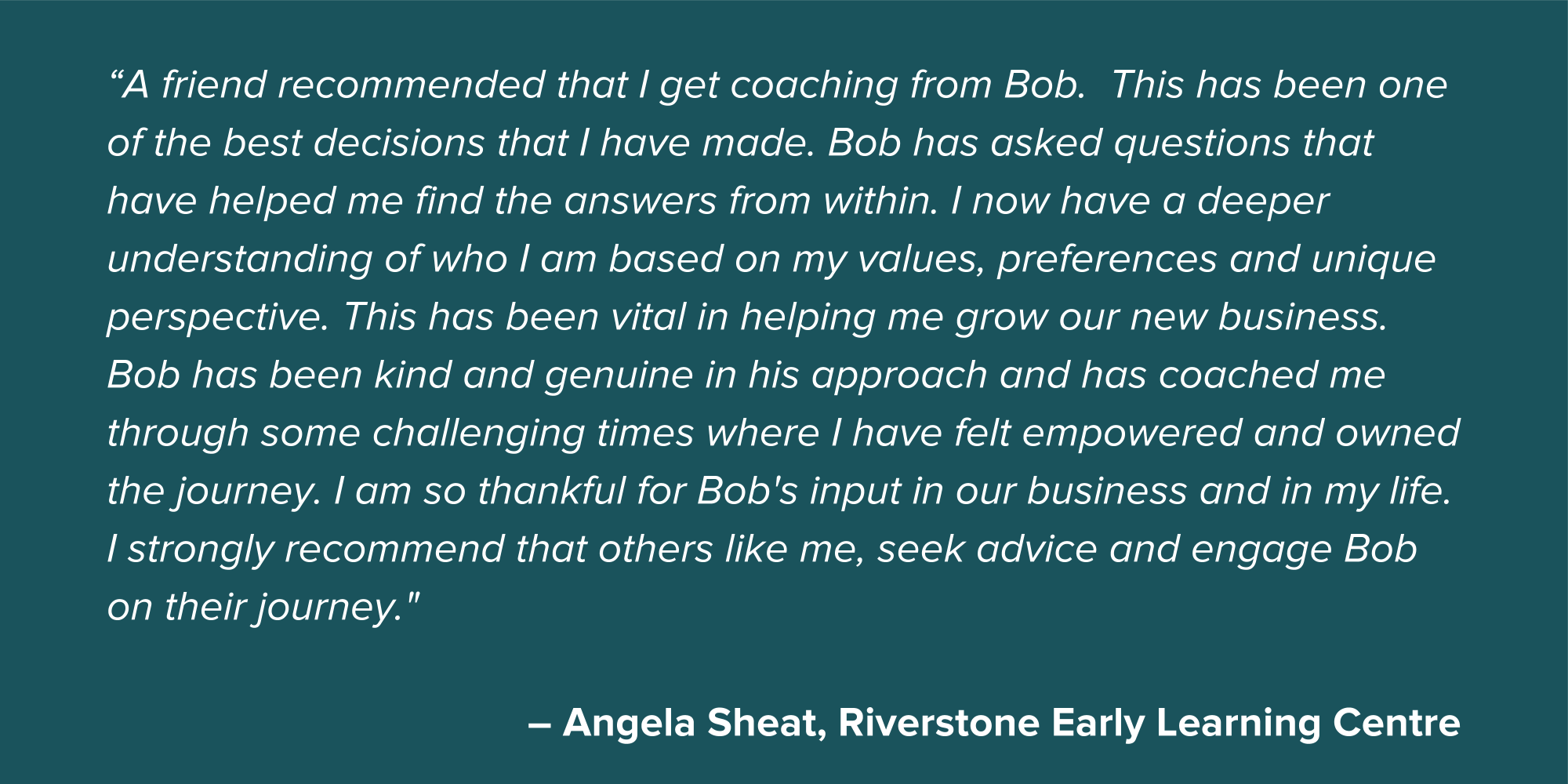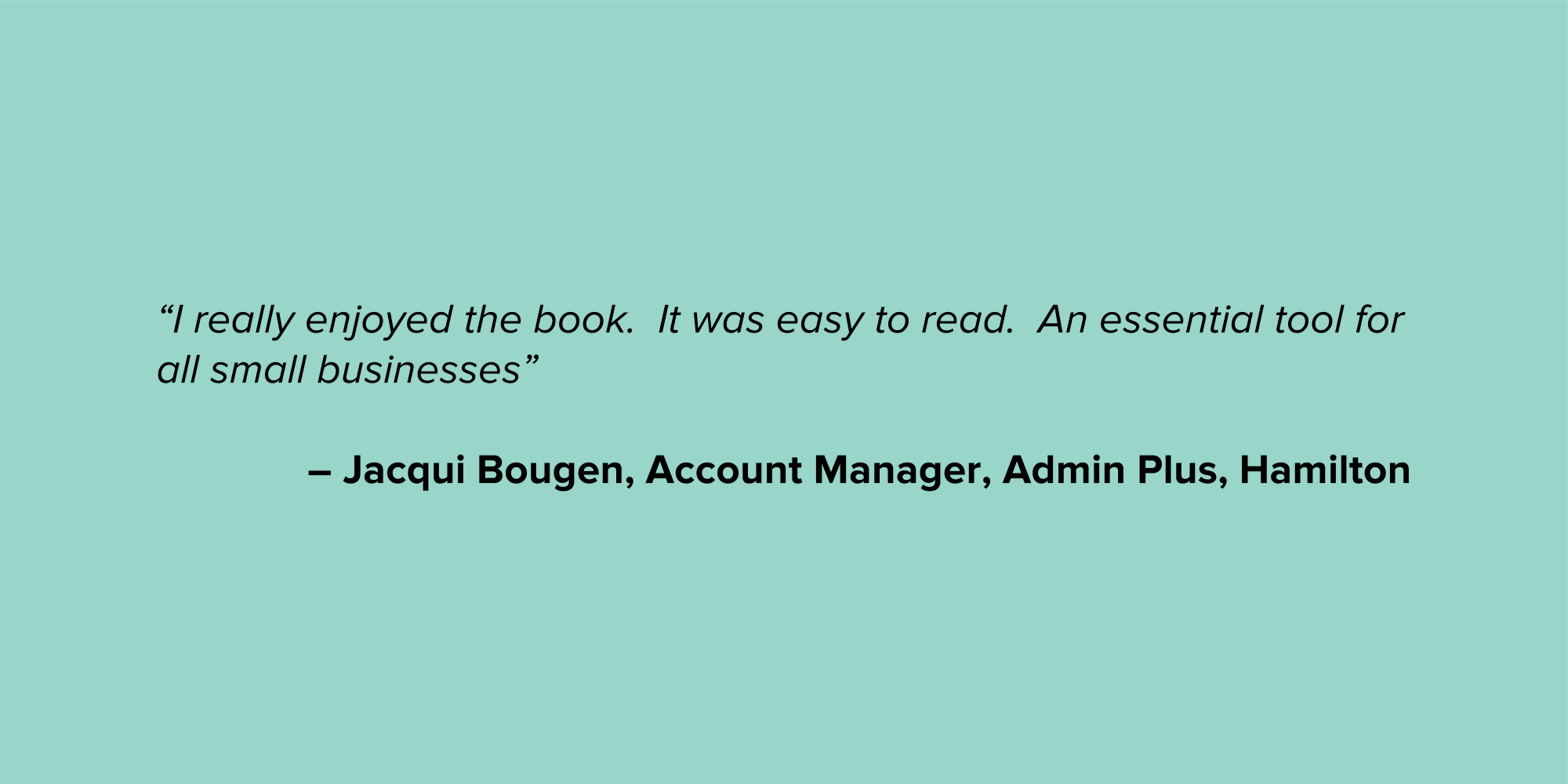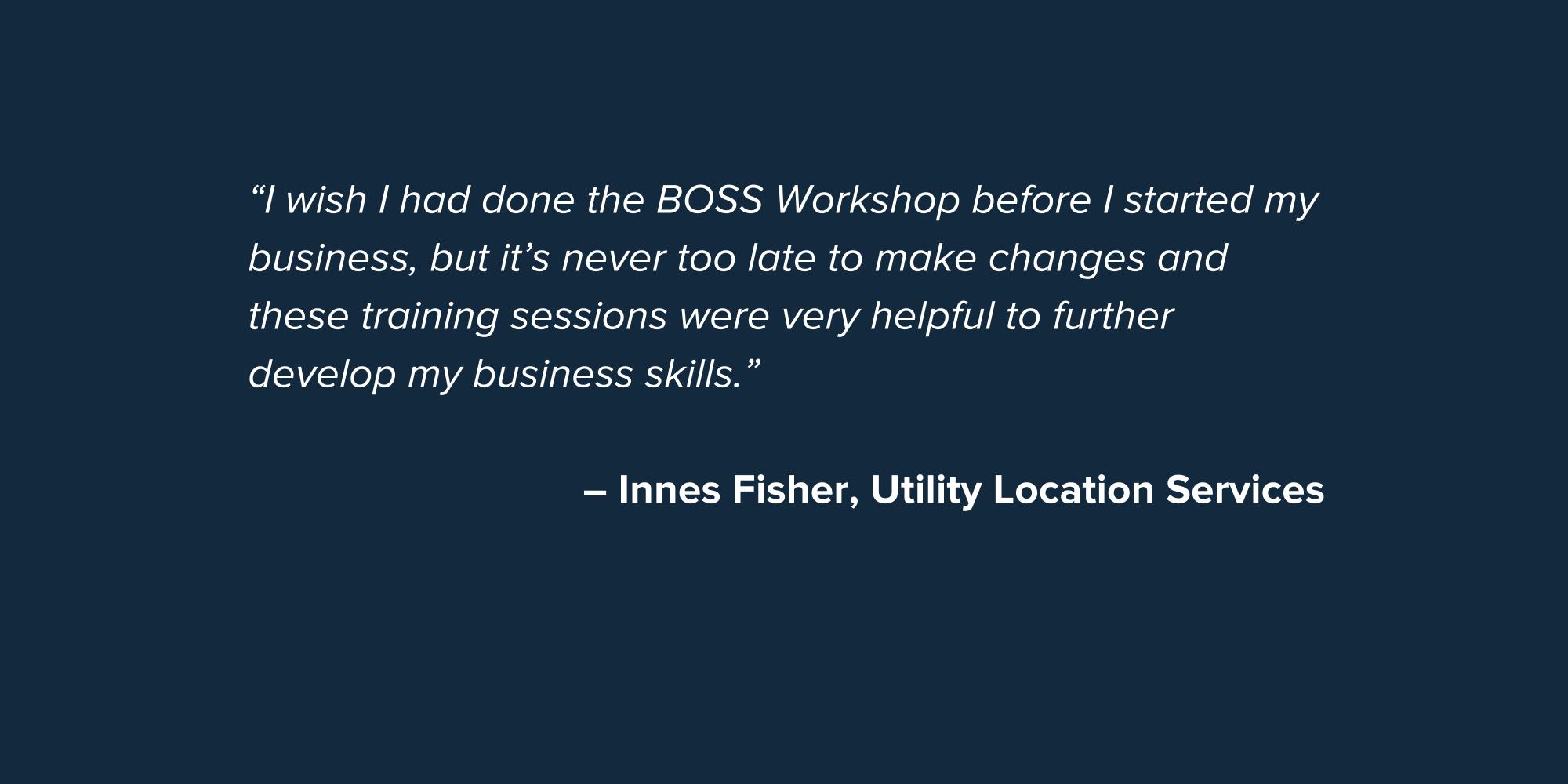How understanding our mental limitations
can assist in making better business decisions
By Bob Weir, October 10, 2016
The normal advice given to small business owners in making the correct decision involves doing some good research, assessing the costs and benefits, removing our emotions, deciding and then moving on. This sounds very simple and common sense.
However, it is not how we, as humans, interpret information, and then make decisions.
There are decades of research (footnote 1) that indicate we do not make decisions this way. In most cases, not only are we irrational in the decisions we make, but also we are predictably irrational.
The study of the human brain, cognition and psychology continues, and we have so much more to learn, even after decades of research. Understanding some of our mental limitations could assist us as small business owners to make better decisions.
The brain
We use 100% of our brain (contrary to popular belief). The brain constitutes only 2% of our body weight but consumes 25% of the body’s oxygen. The brain is inherently lazy – it takes a lot to change it.
The brain takes in information (via the brain stem) from our five senses. The brain has to filter this information. What poses danger to us is a priority – we act without any analysis when faced with danger. Next priority for our brains is important information that will get our attention (e.g. you always hear your name in a noisy crowd as this is very important to us). What is really important to your business is more likely to spark your attention.
We are who we are
We have come to this point in our lives and as business owners after all our prior years of experience, our education, family, genetics, personality and all those things that make us who we are. We can spend our entire lives learning who we are, what we are good at, what we are weak at, what stresses us and what motivates us. The more we know about ourselves the better will be our decisions.
Cognitive Biases
As well as what makes us unique, are the biases and other cognitive limitations we all have that we often don’t even realise impact our decisions. These are a few examples of cognitive biases that effect our decisions:
- Optimism bias – this is highlighted when we say “that will never happen to me” - when chances are it will.
- Confirmation bias - we seek out information to reinforce a well-held belief while we ignore contrary information.
- Framing – We decide differently depending on how information is framed. E.g. While the following two statements mean the same we interpret them differently “You have a 95% chance of a full recovery from this operation” versus “There is a 5% chance you will die”.
And there are many more cognitive biases including anchoring, priming, loss aversion, sunk-cost bias, the halo effect, and this is just a sample.
Emotions do play a part
While we would like to think our business decisions are normally rational we can’t ignore emotional impacts on our decisions. These are influenced by past experiences, fear, memories and more. There is a growing view that emotions can improve the quality of our decisions (footnote 2).
Gut decisions
There is also a view that intuitive or “gut” decisions in business may prove more effective than rational well-analysed decisions.
There is a critical caveat on “gut “ decisions. Those based on deep and detailed experience could be better than those based on analysis. However, if you have no experience you need to be extremely wary about making gut decisions without seeking advice or doing some analysis.
Decision fatigue and too many choices
The more decisions we make throughout the day, the harder each one becomes for our brain, and eventually our brain tires and looks for shortcuts. Unlike how we notice we are tiring from physical fatigue, we may not realise our decision quality is diminishing from decisions fatigue.
We can also be overcome if confronted with an excessive number of choices (footnote 3). While we love to have choices, when faced with too many choices we are likely to avoid making any decisions or if we do decide we often regret our decisions.
In conclusion …
As small business owners we have to make decisions. Such decisions could see us succeed in business or fail. We need to be aware of the limitations in the decisions we make. Work on understanding yourself. Look after your well-being – stay fresh and energized. Stress and lack of sleep will impact on your decisions. Seek out advice especially if you don’t have prior experience. And finally, be kind to yourself. Some of your decisions won’t deliver what you intended. You are human and mistakes are what make us human.
Good luck
1 : Start with works by Dan Arielyand Daniel Kahneman;. There are plenty more!!
2 “Emotion and Decision Making” Jennifer S. Lerner (Harvard) et. Al.
3“The Art of Choosing” Sheena Iyenger


